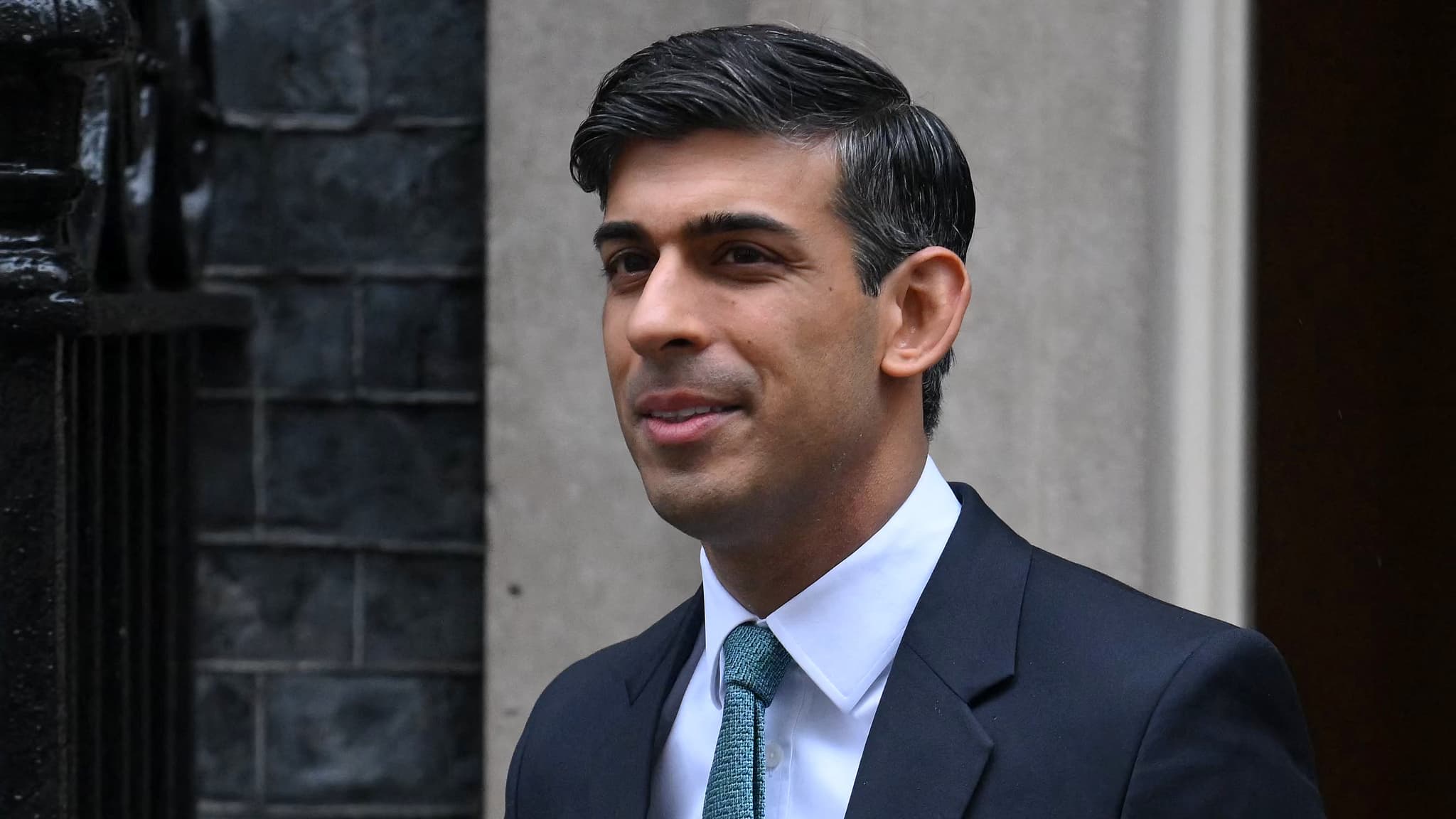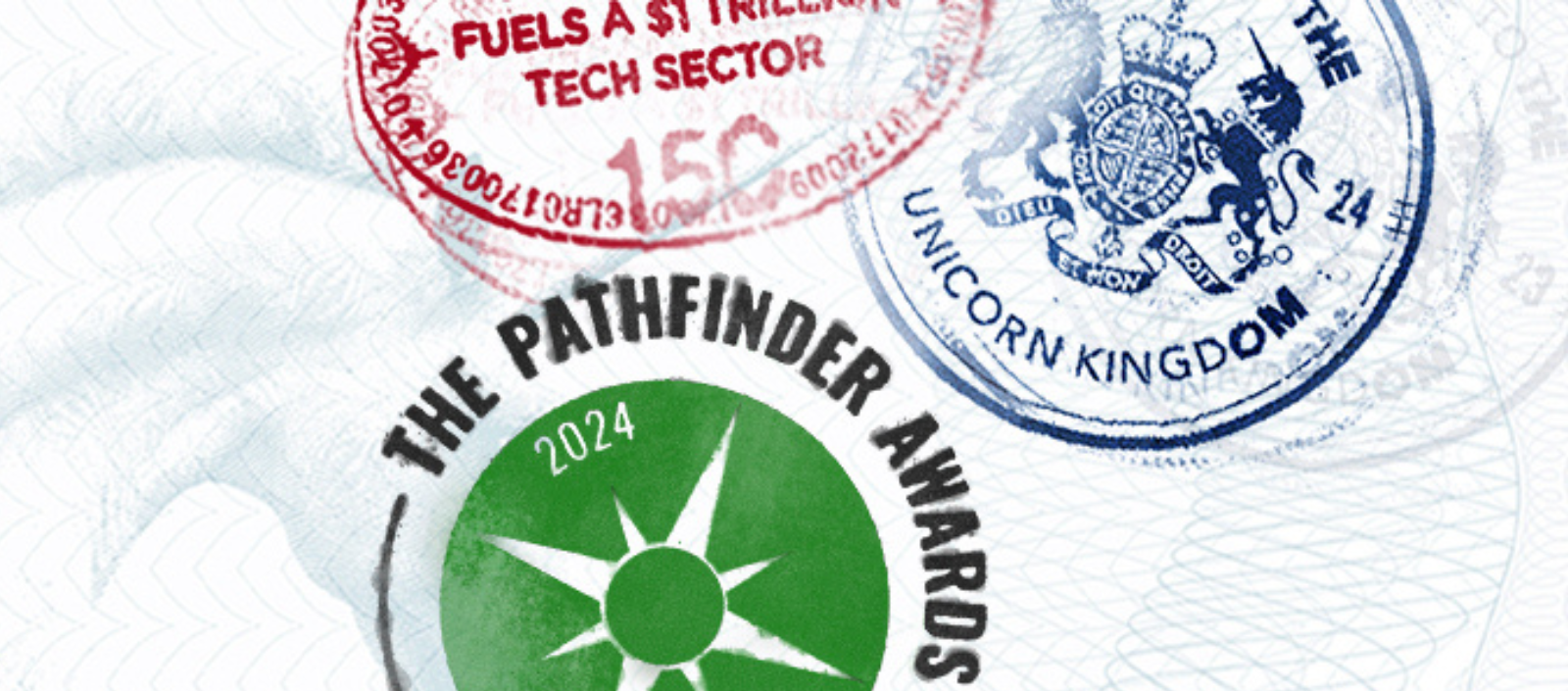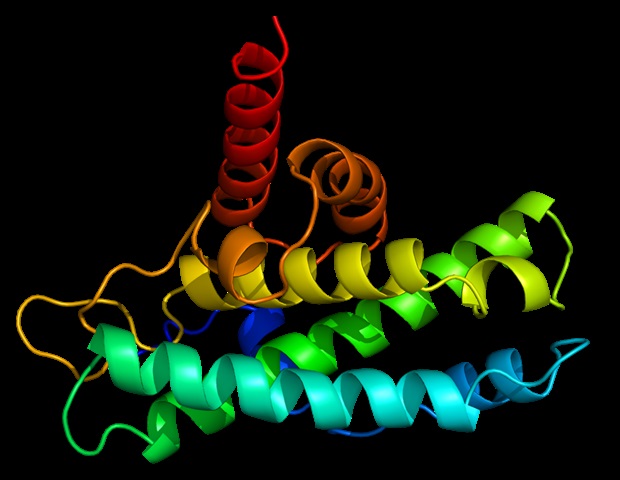Deepfakes of a sexual nature will soon be considered a criminal offence punishable by a fine across the English Channel.
Britain wants to impose sanctions on the production and publication of fake pornographic images or sexual “deepfakes”, the spread of which is increasing with the development of artificial intelligence technologies, the Conservative government announced on Tuesday.
“Deepfakes” are images, videos or audio recordings created using artificial intelligence, which give the illusion of being real or show people saying things they never said. Creating such a pornographic image, even without intending to share it, will soon be considered a criminal offence, punishable by a fine in the UK, while sharing it after creating it will be punishable by imprisonment, the Ministry of Justice announced in a press release, saying it wants to fight in particular against “abuse against women”.
“The creation of fake pornographic images is despicable and completely unacceptable, whether shared or not,” Attorney General Laura Farris was quoted as saying in the press release.
“Catastrophic consequences”
“This is yet another example of how some people seek to dehumanise and degrade other people, particularly women, and this can have catastrophic consequences if the image is shared,” she insisted.
Last week, France also introduced legislation on the subject through the law on the security of digital space. The author of a deepfake with a sexual nature now risks three years in prison and a fine of 75,000 euros.
Earlier this year, the distribution of fake pornographic images of world star Taylor Swift sparked outrage among her millions of fans around the world and among the American political class. The new sanctions announced on Tuesday in the United Kingdom are to be integrated into a more general law on justice currently being examined in Parliament.
They will apply to images aimed at adults; the law already provides for penalties for those aimed at children. The Labour opposition welcomed the move, with the party's head of security, Yvette Cooper, saying it was “essential that police and prosecutors are given the tools and training to rigorously enforce” these measures.
Most read

“Total social media fan. Travel maven. Evil coffee nerd. Extreme zombie specialist. Wannabe baconaholic. Organizer.”







